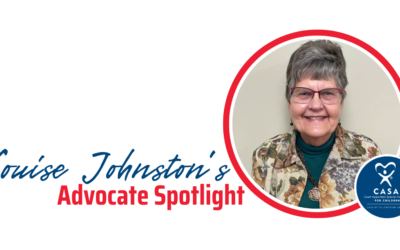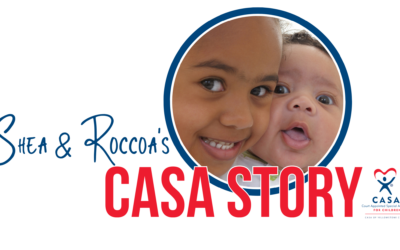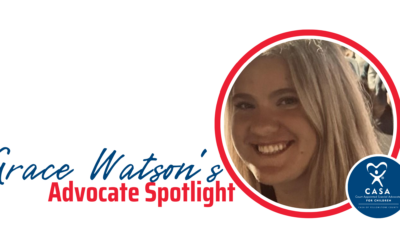Sadly, statistics confirm a psychiatric admission for a child in the foster care system is far from an unusual occurrence. Mariela Herrera, MD, Medical Director of Youth Inpatient Psychiatric Unit at Billings Clinic, is on the front lines.
“A child’s relationship with a parent is crucial to his or her sense of self, trust, and safety. Initial separation from a caregiver can be extremely traumatic to a child, and each subsequent move adds another layer of trauma,” she indicates. “Mental health treatment should address not only the separation itself, but also the traumatic experiences leading to it. Besides a comprehensive treatment, a child needs a family that provides him or her the stability and support necessary for healing to begin.” Even seemingly unrelated aspects of a child’s life, such as emotional, physical, behavioral, and intellectual health, are affected by the trauma.
Dr. Herrera explains that these inconsistencies in the child’s life often prevent a consistent pattern of healing. Early-childhood trauma can lead to a continual inability to trust, and a fear of being abandoned by the significant people in one’s life, years down the road. Here is where CASAs are critical. The CASA Advocate, in establishing a solid relationship with the child, becomes a consistent factor in his or her life.
“A child’s ‘acting out’ is merely the manifestation of his or her trauma, grief, and loss. Often, these internal wounds are worsened by the kid being bounced around between foster homes, group homes, and/or treatment facilities. To have one consistent adult advocating for them makes all the difference.”

Image courtesy of teenlineonline.org
Dr. Herrera shared with me that regarding comprehensive treatment, one step in the right direction is a recent partnership between the Billings Clinic, the University of Montana’s Center for Children and Families and Workforce Development, and the DPHHS’s Child and Family Services Division, to provide case discussion and treatment planning of complex child protection cases.
So far, they have already examined two cases, and according to Dr. Herrera, it has been an enriching experience for the medical professionals and the caseworkers. Ultimately, the partnership’s efforts are beneficial for the children. “It’s key that we clinically understand what might be happening with children who have experienced extreme trauma.”
Dr. Herrera emphasizes that everyone involved in the child’s journey to healing—everyone from biological and foster family and medical professionals, to caseworkers, schoolteachers, and CASA Advocates– must allocate effort to understand and interpret the root of the child’s symptoms in context of the child’s trauma. Herrera poses the idea that perhaps the question we should ask ourselves should be rephrased from, “What is wrong with the child?” instead to “What happened to the child?”






